
There’s something about the summer, with its long, slow afternoons and weekend escapes to the beach or the mountains, that lends itself to tackling the stacks of books you’ve accumulated during the rest of the year. Whether your summer reading tastes lean toward aspirational, 500-page novels you wouldn’t have time to finish otherwise or toward noir thrillers and cozy mysteries, the Scholar’s editors have something to recommend.
The Club: Johnson, Boswell, and the Friends Who Shaped an Age by Leo Damrosch
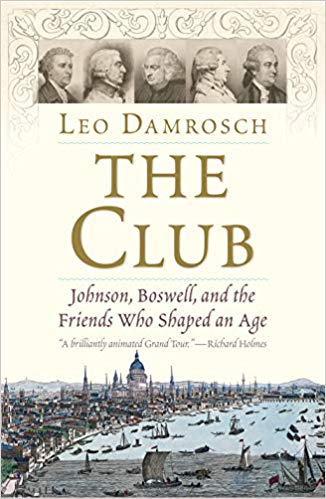
In this new book, Leo Damrosch, an emeritus literature professor at Harvard and the author of books on Jonathan Swift and William Blake, offers an amiable group biography that includes, besides the “odd couple” of Samuel Johnson and James Boswell, the compatriots who met with them for drink and conversation on Friday evenings at the Turk’s Head Tavern in London in the late 18th century. Among them were Edmund Burke, Edward Gibbon, Adam Smith, Joshua Reynolds, the botanist Joseph Banks, the actor David Garrick, and the playwrights Richard Brinsley Sheridan and Oliver Goldsmith. Damrosch focuses not only on the interactions among the members of the club but also on their impact upon their times and ours. —Robert Wilson
Adventures in Contentment by David Grayson

Ray Stannard Baker led a full life. As a muckraking journalist with McClure’s, he wrote groundbreaking stories on labor rights and race riots. He then served on President Woodrow Wilson’s staff, participating in the peace talks at Versailles, and went on to write a Pulitzer Prize-winning biography of his former boss. As if that wasn’t enough, he also wrote nine books under the pseudonym David Grayson, a fictional city dweller who quits the rat race and buys a farm in the countryside. Adventures in Contentment is the first book in this series, and there is an irrepressible joy in the prose, as if some powerful impulse within Baker has finally been let loose to express itself. The book is a paean to the simple life and an exhortation to free yourself from societal expectations and live according to your own will. —Bruce Falconer
The Good Son by You-Jeong Jeong
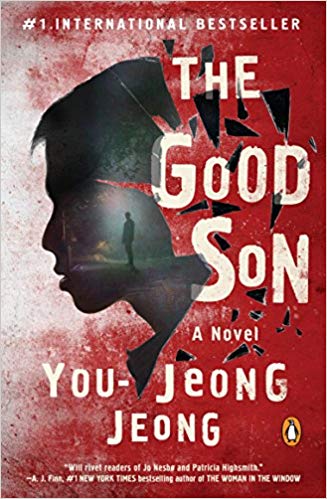
A slim, fast-paced mystery novel, The Good Son is the first of You-Jeong Jeong’s books to be translated into English. After tearing through this one, I can’t wait for more to follow. Jeong is regarded as one of South Korea’s best writers of psychological thrillers, and The Good Son more than lives up to her reputation. Her narrator, a young man named Yu-jin who suffers from seizures, wakes up one morning to a mysterious metallic smell and no memory of the night before. All he can recall is his mother calling his name—but when he finds her body lying in a pool of blood, he must try to discover whether she was calling him for help or begging him for her life. —Katie Daniels
The Pass by Thomas Savage
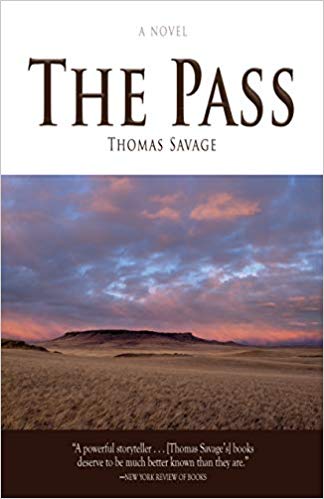
Thomas Savage’s 1967 novel The Power of the Dog has enjoyed a resurgence recently—and rightfully so—but his first book, The Pass, published in 1944, is a wonderful entry point into the work of this woefully neglected writer. Born in Utah, Savage grew up in Montana, and though he spent a good part of his life in the East, many of his books are set in the West. The Pass depicts a virgin Montana landscape and the tough ranching families that somehow survive upon it. In its rendering of a world threatened by encroaching modernity, the novel is eloquent and poetic, at once quiet and expansive. Read all of Savage’s books, but begin, as I did, with The Pass. —Sudip Bose
Zone by Mathias Énard
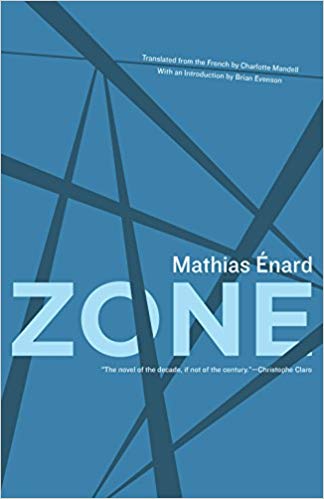
Known primarily for his 2015 novel, Compass, winner of the Prix Goncourt, French novelist Mathias Énard wrote an equally fabulous book about 10 years earlier. Zone is unlike anything else—a single, first-person sentence spanning more than 500 pages. The narrator is a French intelligence agent in the process of delivering stolen files to a contact at the Vatican. As his train speeds toward its destination, he recounts his covert experiences in countries along the Mediterranean, making frequent digressions into the history of the region and the human cruelty it has witnessed over the millennia. Allow yourself time to become acclimated to the novel’s unique form. The endless sentence soon gives way to the sensation that you, too, are aboard the train, barreling not merely through the Italian night, but through time itself. —Bruce Falconer
The Canterbury Tales by Geoffrey Chaucer, Norton edition
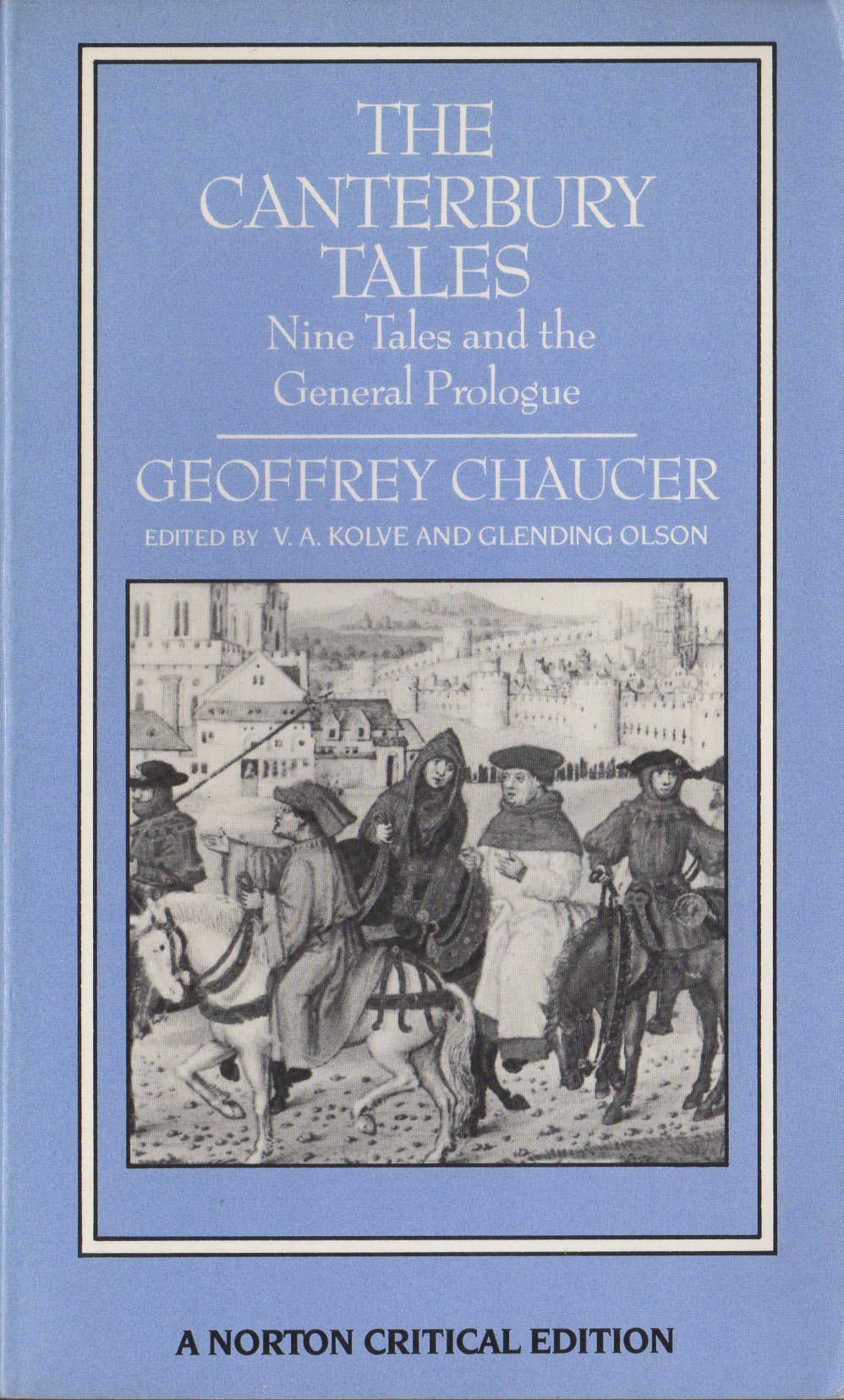
I recently interviewed Marion Turner, author of the first biography of Geoffrey Chaucer in a generation, and was utterly vindicated in my failure to read this classic cover-to-cover. (She said it was very medieval of me, because the stories were often shared piecemeal.) However, I’m still resolved to read all the tales in their entirety, and Turner’s recommendation was to start with the Middle English edition, a good glossary close at hand. Soon I’ll be spending my summer nights holding a mug of ale, muttering aloud in a dead tongue. —Stephanie Bastek
Leonardo Da Vinci by Walter Isaacson
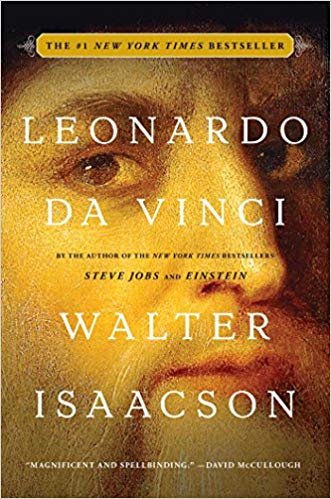
This biography is not a small undertaking, but it is worth it. Isaacson covers all of Leonardo’s life, from childhood through his death, exploring his other varied pursuits besides art—such as anatomy, geology, engineering, and architecture—to present a man who not only painted masterpieces, but mastered many other things. —Taylor Curry
The Night Country by Loren Eiseley
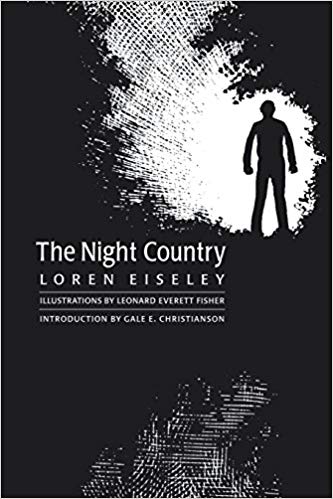
Loren Eiseley was a prominent anthropologist at the University of Pennsylvania (and a member of the Scholar’s editorial board), but he preferred to think of himself as a bone hunter. Born in Nebraska, he grew up amid fields full of dinosaur remains, which inspired in him a sense of wonder at the natural world and a desire to know more about the creatures that had inhabited his home ground millions of years before. The Night Country was Eiseley’s last book, but you’d never guess it—the awe he experienced as a child pulses through every page as he grapples with the mysteries of time and space, the meaning of life, and the nature of the universe. And if that’s not enough to tempt you, Eiseley’s beautiful sentences should—he is a fine prose stylist who counted Ray Bradbury among his most passionate admirers. —Bruce Falconer
How Steeple Sinderby Wanderers Won the F.A. Cup by J. L. Carr
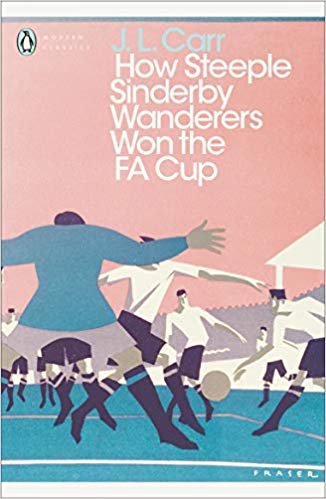
A Month in the Country, an elegiac novel about a scarred First World War veteran who spends some time in Yorkshire restoring a church mural, is J. L. Carr’s most famous work (and a worthy suggestion for any summertime reading list). But Carr could also write comedy, as evidenced by his slender fantasy about English football and village life, How Steeple Sinderby Wanderers Won the F.A. Cup. Published in 1975, this utterly quirky and charming book chronicles a tiny club’s progression through England’s most historic knockout competition, an unbelievable ascent culminating at the old Wembley Stadium. The book’s title may give away the ending, but in this case, it’s all about the journey, not the result. —Sudip Bose
Whose Body? by Dorothy L. Sayers
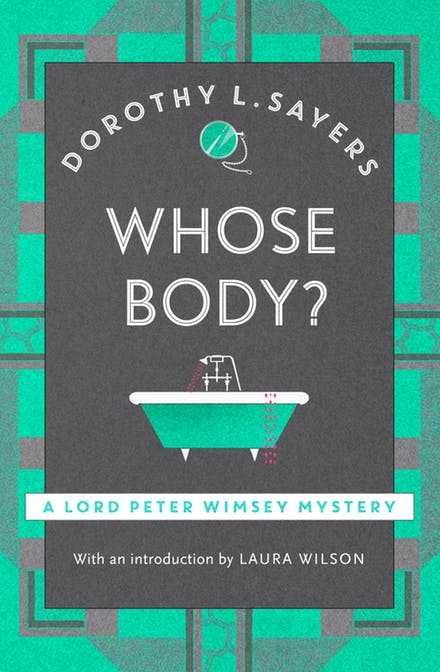
After reading Gaudy Night for the Scholar’s online book club, [Spoiler Alert], I couldn’t wait to dive into Sayers’s other detective stories. Whose Body? is her first book featuring Lord Peter Wimsey and, like Gaudy Night, it’s an enthralling Masterpiece Mystery in paperback form. —Taylor Curry
Walden West by August Derleth
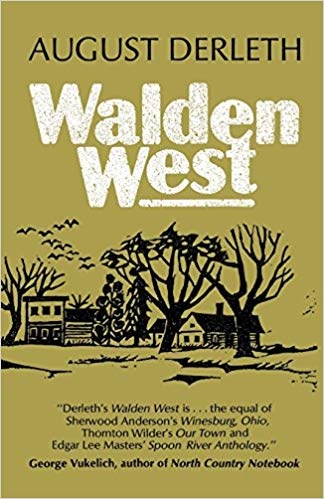
Novelist, essayist, and publisher August Derleth wrote more than 100 books, many of them chronicling the people and history of Sauk City, Wisconsin—the small river town (called Sac Prairie in his books) where he was born and lived most of his life. Of these, Walden West is perhaps his best. Although most of Derleth’s books are long out of print, the University of Wisconsin Press republished Walden West in 1992, and—sadly—unread copies remain abundant. The book is a love letter to a community on the cusp of modernity. Derleth introduces us to townspeople whose obscure lives stand as microcosms of human possibility. The antique world they inhabit may be remote, yet the villagers we meet are jarringly familiar in their hopes and dreams, failings and phobias. Interspersed among these character sketches are short prose poems exalting the beauty of the town and its natural surroundings. Derleth’s quiet masterpiece encourages the reader to believe in the essential goodness of people and to marvel at the wonders of our world, something we could use more of these days. —Bruce Falconer
Moll Flanders by Daniel Defoe

The English novel is generally considered to begin with Daniel Defoe’s first book, Robinson Crusoe, though there are some other interesting contenders by Aphra Behn and Margaret Cavendish. But the story of Robinson Crusoe has so permeated our culture that it feels familiar. Moll Flanders, on the other hand, was published soon after, and it’s partially based on the life of a real-life queen of the London underworld named Moll King. Count me in. —Stephanie Bastek
My Sister, the Serial Killer by Oyinkan Braithwaite
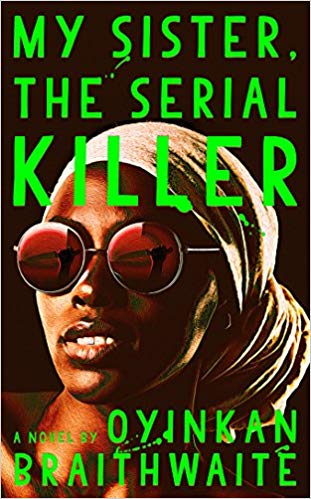
A nurse at a Lagos hospital, Korede is hard-working, responsible, and very protective of her younger sister, Ayoola, who is everything she isn’t: beautiful, sought-after, and burdened with the unfortunate habit of killing her boyfriends. With a (killer) title like this one, you might expect to know everything about the story in a glance, but Braithwaite takes a pulp thriller premise and runs with it, turning Ayoola’s murderous exploits into a perceptive and darkly funny look at the relationship between sisters. —Katie Daniels
More News Tomorrow by Susan Richards Shreve
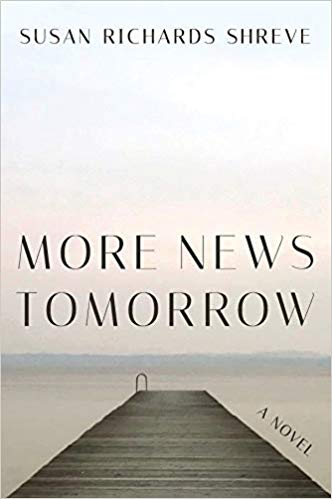
This new novel, her 15th, by the author of Children of Power and A Country of Strangers tells the dark story of two canoe trips in the Wisconsin woods. On one, which takes place in 1941, a woman is strangled and her husband confesses to the crime. On the other, in 2008, the anthropologist daughter of this ill-fated couple follows the route of the earlier trip with members of her family, hoping to exonerate her father. The troubled waters of both trips are set against a backdrop of racism and anti-Semitism. —Robert Wilson

